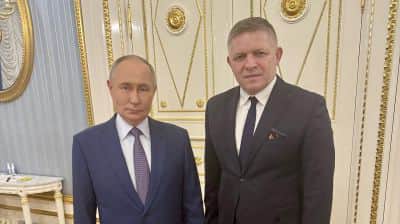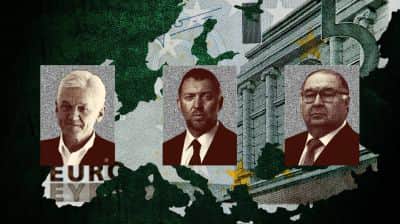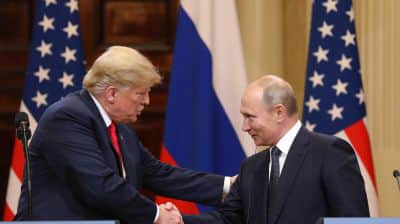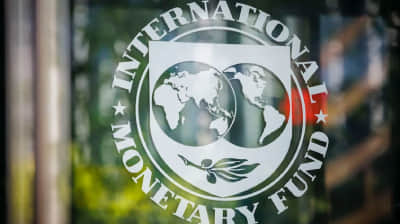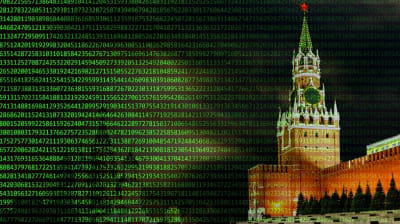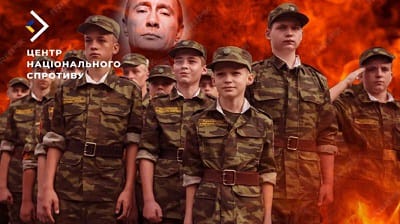Putin makes efforts to form anti-Western coalition in UN
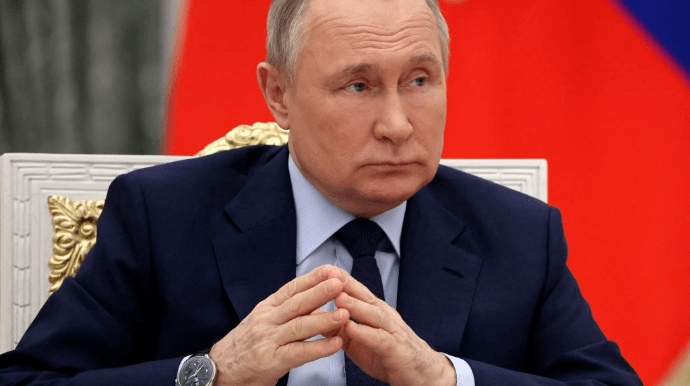
Dictator Vladimir Putin has changed the concept of Russia's foreign policy ahead of Russia's presidency in the United Nations Security Council for future efforts to form an anti-Western coalition at the UN.
Source: ISW
Details: On 31 March, Putin approved a new concept of Russia's foreign policy aimed at promoting the Kremlin's anti-Western coalition.
The report reads that the new foreign policy concept portrays the West as an anti-Russian and internationally destabilising force, and explicitly states that the United States and its "satellites" have unleashed a hybrid war aimed at weakening Russia.
"Putin previously used meetings with Chinese President Xi Jinping on 20 March through 22 to increase attempts to rhetorically rally the rest of the world against the West, and the new document likely aims to support the Kremlin’s attempts to intensify proposals to non-aligned countries to form a more coherent anti-Western bloc," the report states.
The ISW believes that Putin's proposal to form an anti-Western bloc during Xi's visit to Russia was not received positively, as Xi refused to join China in the geopolitical conflict that Putin envisioned with the West.
Analysts assume that the Kremlin may have decided to unveil the new foreign policy concept on the eve of its presidency of the UN Security Council to create information conditions for future efforts in the UN aimed at forming an anti-Western coalition.
The report also says that Belarusian President Alexander Lukashenko continues to use high-profile public statements to portray Belarus as a sovereign state, despite the fact that it is de facto occupied by Russian troops.
Analysts say that Lukashenko repeated the boilerplate rhetoric that he was an equal partner with Putin in the defence of Russia and Belarus.
Deputy Chairman of the Russian Security Council Dmitry Medvedev used comments about the deployment of peacekeeping forces in Ukraine to continue information operations that portray the West as the one escalating tensions.
Analysts suggest that Medvedev was probably reacting to Viktor Orban's statements of 31 March regarding alleged European discussions about sending peacekeeping forces to Ukraine and said that Russian troops would be targeted by hypothetical peacekeepers.
Medvedev argued that a Western-led peacekeeping mission in Ukraine would end in tragedies reminiscent of Yugoslavia and other conflicts.
However, the report reads, apart from Orban's comments, there is no indication that Western officials are seriously discussing such a proposal, and Medvedev likely used Orban's comments to create a false narrative to portray the West as the one trying to escalate the war in Ukraine.
ISW Key Takeaways for 31 March
- Russian President Vladimir Putin approved a new Russian Foreign Policy Concept on 31 March that likely aims to support the Kremlin’s attempts to promote a potential anti-Western coalition.
- Belarusian President Alexander Lukashenko continues to use high-profile public statements to portray Belarus as a sovereign state despite its current de-facto occupation by Russian forces.
- Kremlin spokesperson Dmitry Peskov promptly rejected Lukashenko’s suggestion of a ceasefire and indicated that the Kremlin is not interested in serious negotiations.
- Russian Security Council deputy chairman Dmitry Medvedev leveraged comments about sending peacekeeping forces to Ukraine to continue information operations that portray the West as escalatory.
- Russian forces continued ground attacks along the Svatove-Kreminna line.
- Russian forces made gains within Bakhmut and Ukrainian forces regained positions in the Bakhmut area.
- Russian forces continued offensive operations along the Avdiivka-Donetsk frontline.
- Ukrainian strikes against Russian concentration areas in southern Ukraine are likely causing the Russian grouping in the area to change tactics to avoid the risk of strikes.
- Russian officials continue to state that Russian forces have no plans for a formal second wave of mobilisation.
- Russian officials continue to send Ukrainian children to camps in Russia.
Journalists fight on their own frontline. Support Ukrainska Pravda or become our patron!
